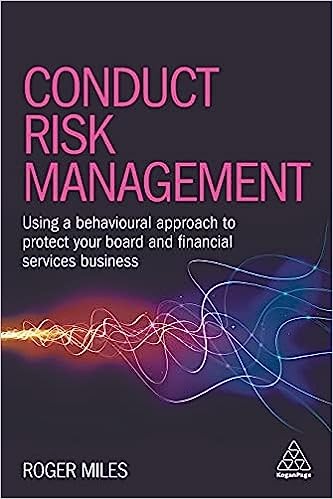If you have any job in financial services, sooner or later you’ll find yourself talking to a conduct regulator. You will! They’ve started “walking the floor” and interviewing all kinds of finance workers. With the arrival of these so-called culture assessments, conduct case officers will want to talk to you and your workmates, one-to-one, in person. You could be next, but are you ready for that? Wouldn’t you perhaps like to know what the regulator is thinking, first?

You may well say to me: How do you know what they’re thinking? Well, I do. I’ve spent many years researching these regulators. Working alongside them. Talking to them, privately off-the-record as well as formally. Not just in the UK, but in many of the 30+ countries that now have financial conduct regulators. (What do you mean, you didn’t know that?). So let me share with you what they’ve told me, often in unguarded moments.
What motivates a regulator?
As a conduct regulator talks to you, there are seven themes, or motivations, whirring around in their head. Here are the seven:
Driving this agenda, conduct regulators get their ideas from many new sources of thinking but above all from the latest research findings in behavioral science. If you’re serious about reporting on your firm’s conduct you need to acquire at least a basic working knowledge of the behavioral science that informs your regulator’s thinking – which now includes those “walkabout” interviews and culture assessments.
Dr Roger Miles is a professional speaker, author and moderator; unique leadership research insights (Decision-making Under Stress, Behaviour-at-Risk, Groupthink); PhD, FRSA, Oxford Scholar.
Working with professional bodies in finance and other sectors, Dr Miles is continuing to develop new education initiatives for exemplary management of Conduct, Culture Audit and Reputation Risk. See LinkedIn profile.




















